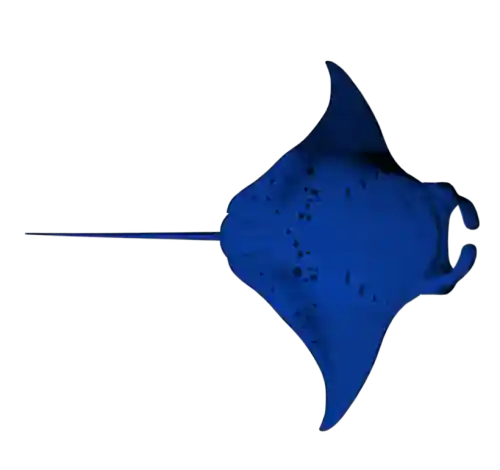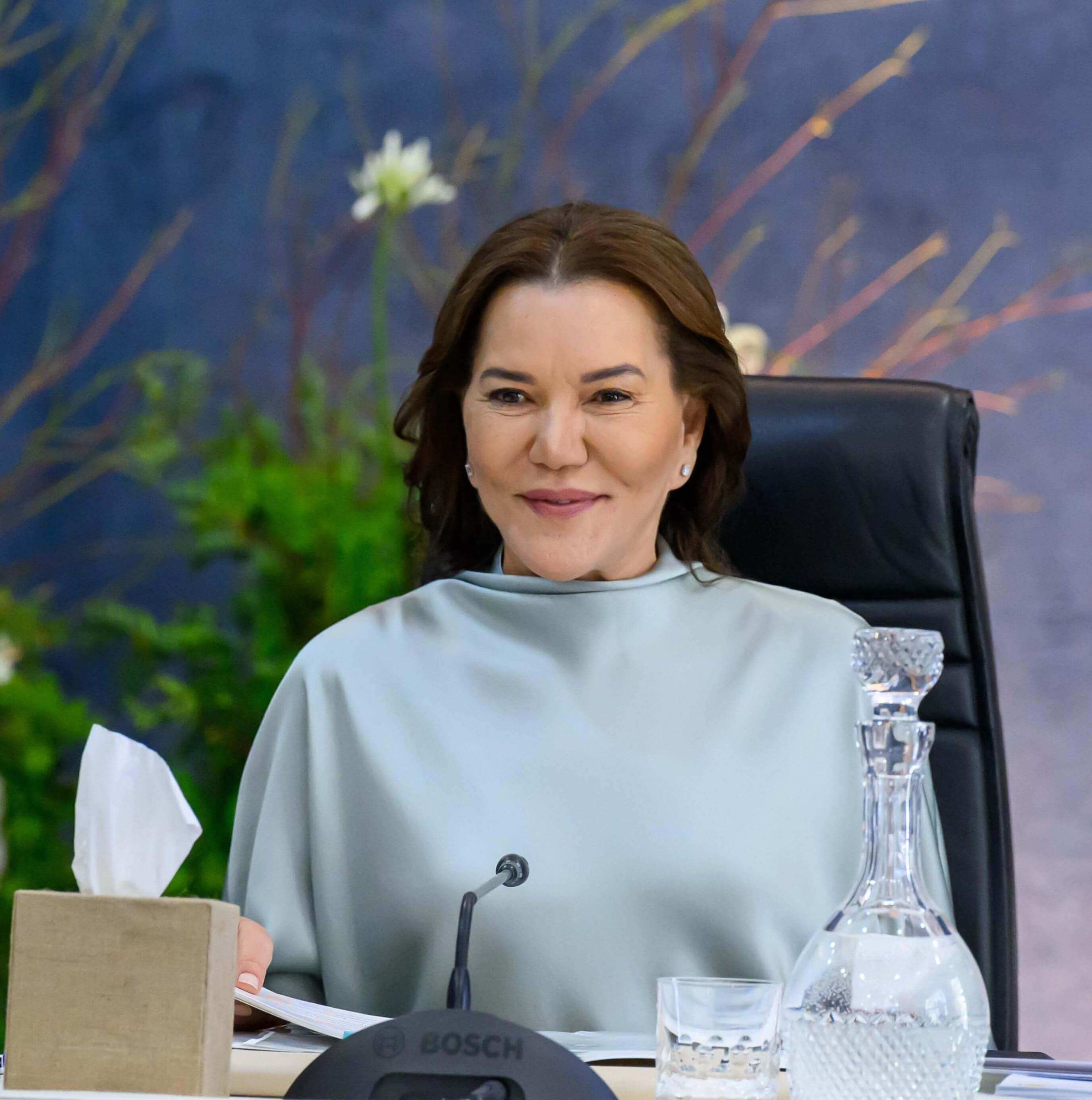
8 December 2014
December 8th, 2014 : Her Royal Highness Princess Lalla Hasnaa Presides the Board of Directors of the Mohammed VI Foundation for the Environmental Protection
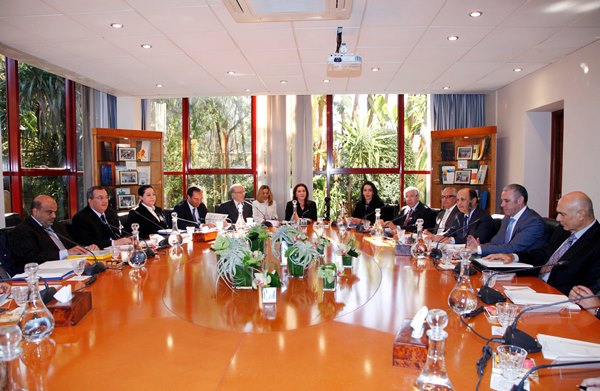
Her Royal Highness was proud to see the role of increasingly assertive of the foundation of regional and international scales whose last UNESCO conference in Nagoya, Japan, showed the importance that the international organization our experience in education through the programs “Young Reporters for the Environment” and “Eco-schools”.
This regional leadership encouraged both by UNESCO and UNEP will be topped off the creation of an International Centre of Education for Sustainable Development, the realization near the Exotic Gardens Bouknadel in 2015, is announced by Her Royal Highness who wishes to dedicate it to the National Scientific Community, academics, researchers and teachers who support the Foundation in its step to initiate original ways of teaching and exemplary sustainable development in schools, colleges and universities.
Before giving the floor to the Secretary General and the external auditor to detail the accounts and justify the use of funds, Her Royal Highness congratulated the members and all stakeholders of the Trophies “Sustainable Coastline”, whose first edition was celebrated Sunday, December 7, 2014 and which augurs success of a real awareness towards the coast and its riches.
On this occasion, Her Royal Highness announced to members the launch of the Second Edition of Littoral days during the second week of December throughout the national territory.
Overview of major axes of achievement of the Foundation programs.
Education for Sustainable Development
Her Royal Highness has placed education of children and youth for sustainable development as primary mission of the Foundation. The actions begin in school, continue at school and high school, with the firm will to make education for sustainable development a full component of education generally.
It is in recognition of the work done in schools and the actors on the field of education for sustainable development that Her Royal Highness was guest of honor at the World Conference of UNESCO on Education for Sustainable Development in Aichi-Nagoya in November 2014, to testify to the key role of education to meet the challenges of sustainable development and share experiences of the Foundation that will contribute to the implementation of the Global Action Programme of Education for Sustainable development.
• The generalization of the “Eco-Schools” program that creates the basis of learning on the preservation of the environment continues gradually. Currently, 896 schools enrolled in the program from 2013 to 2014, including 389 rural and 507 urban schools.
79 eco-schools have implemented environmental projects within their institution as Eco-Schools initiative and got so Green Label thus constituting a basis for exchange and networking at national and regional level, and enhancing the both teachers, students and the entire local population.
• The “Young Reporters for the Environment” was attended by 20,000 High school students of the 16 Regional Academies of Education and YRE annual competition training. Thus, 140 written reports and pictures were awarded at the national level by the Jury YRE Committee including 18 prize winning works internationally by the ad hoc committee of the Foundation for Environmental Education (FEE).
• The “Capacity Building of Young Professionals of communication” program is a continuation awareness-raising action already undertaken by the Foundation. The year 2013 saw the expansion of the network of young journalists in West Africa, particularly in the framework of cooperation with UNEP. Thus, a selection of young journalists was carried out totaling 28 journalists, including 21 Moroccans, two Algerians, Tunisians 2, 1 Mauritania, Benin 1, 1 and 1 Guinean Burkina Faso. These modules are taught via an electronic platform designed specifically for this training: www.edd-elearning.ma.
World Environmental Education Congress
In 2013, the major event was the organization in Marrakesh of the 7th World Environmental Education Congress (Word Environmental Education Congress). The said congress which, under the guidance of Her Royal Highness marked a new beginning for education and awareness raising programs was an opportunity for our country to share and connect with global experts and the driven to translate its recommendations in a call from Marrakech to go to greener, fair and supportive societies.
Coastal Protection Program
In 2013, the Foundation was also very involved in protecting the coasts. In 2013, its Clean Beaches program, which was initially launched to educate beachgoers and municipalities, entered into a new dimension for its 12th edition (74 beaches involved, and 20 labeled Blue Flag), with a plan that increasingly involves municipalities in charge of the beaches, as a prelude to it being expanded to the entire coastline. The experience gained in the program now with the process of completing the protection of the Marchica lagoon in Nador, serves as a paradigm for Dakhla Bay, for which the bases were consolidated in 2013, as was the Mediterranean Intercontinental Biosphere Reserve in the north.
Air and Climate Program
The programs in the area of Air and Climate reached a new level in 2013, which will make it a priority in 2014. As part of Qualit’Air the program, the results of the first epidemiological study on the health effects of urban pollution in the Greater Casablanca region will be fully available in 2014, after partial publication at the end of 2013. The air quality monitoring network has been fortified with a total of 29 monitoring stations in 15 cities.
Voluntary Carbon Offsetting Program
The Voluntary Carbon Offsetting program is an awareness-raising program about global warming for citizens and economic operators. It provides citizens and public and private organizations the possibility of offsetting their CO2 emissions with palm tree plantation programs in Marrakech, or with the solar electrification of rural schools. Major companies, among the largest in the country, have joined the initiative.
The first carbon calculator adapted for Morocco was put online on the Internet to allow everyone to assess the CO2 emissions generated during their travel.
In cooperation with the Agency for Energy and Environment Management (ADEME), the Foundation has developed an assessment tool adapted to Morocco’s carbon context. It is based on a calculation tool that conforms to the international ISO 14069 standard and a carbon database consisting of 300 emissions factors. It will raise awareness among public and private economic operators about their contribution to global warming, and bring them gradually to control and reduce their greenhouse gas emissions.
Marrakech Palm Grove Program
Moreover, the first phase of the Marrakech Palm Grove Protection program ended in 2013. Its main achievement is having halted the decline of this heritage. The palm replanting targets were exceeded by 26%, with 542,000 young palms planted and fully irrigated. Water management has been redesigned, introducing modern methods to conserve water and energy. The effects of urbanization on the palm were mitigated. Local residents have been associated with the protection process, their interests taken into account, and education and awareness actions conducted for everyone: children, residents, tourists, and public and private decision makers.
Responsible Tourism Program
Finally, the Foundation presented its responsible tourism program, including the Green Key label, which now involves 57 institutions in the country. This international ecolabel developed by the Foundation for Environmental Education, is dedicated to the most common tourism in the world. It adds value to the tourist accommodation establishments that work in respect for their environment. It was introduced in Morocco in 2007 by the Foundation and is spreading gradually, to both large hotels in major tourist cities and country houses in the mountains. The Green Key is given annually to tourist establishments that have applied for the label. A large battery of environmental criteria is reviewed during a field audit, which leads to the labeling or recommendations for action.


21 may 2024 : Her Royal Highness Princess Lalla Hasnaa Inaugurates the Historic Lahboul Park in Meknès

Dubai – 08 December 2023 : HRH Princess Lalla Hasnaa Takes Part in Dubai in First Annual High-level Meeting of ‘Greening Education Partnership’
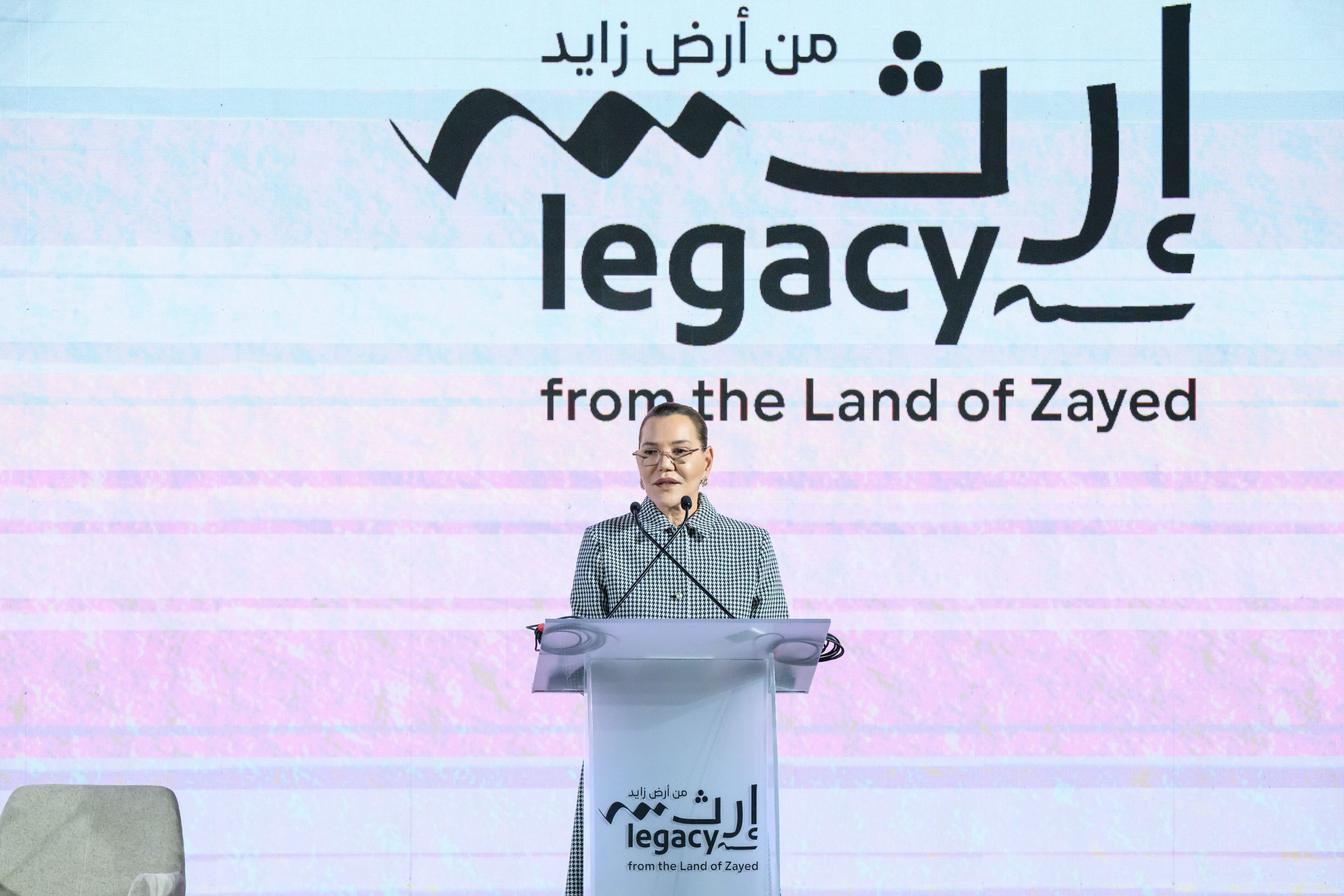
Dubai – 08 December 2023 : HRH Princess Lalla Hasnaa Stresses Importance of Investing in Education to Shape Youth into Active Citizens in Planet Protection
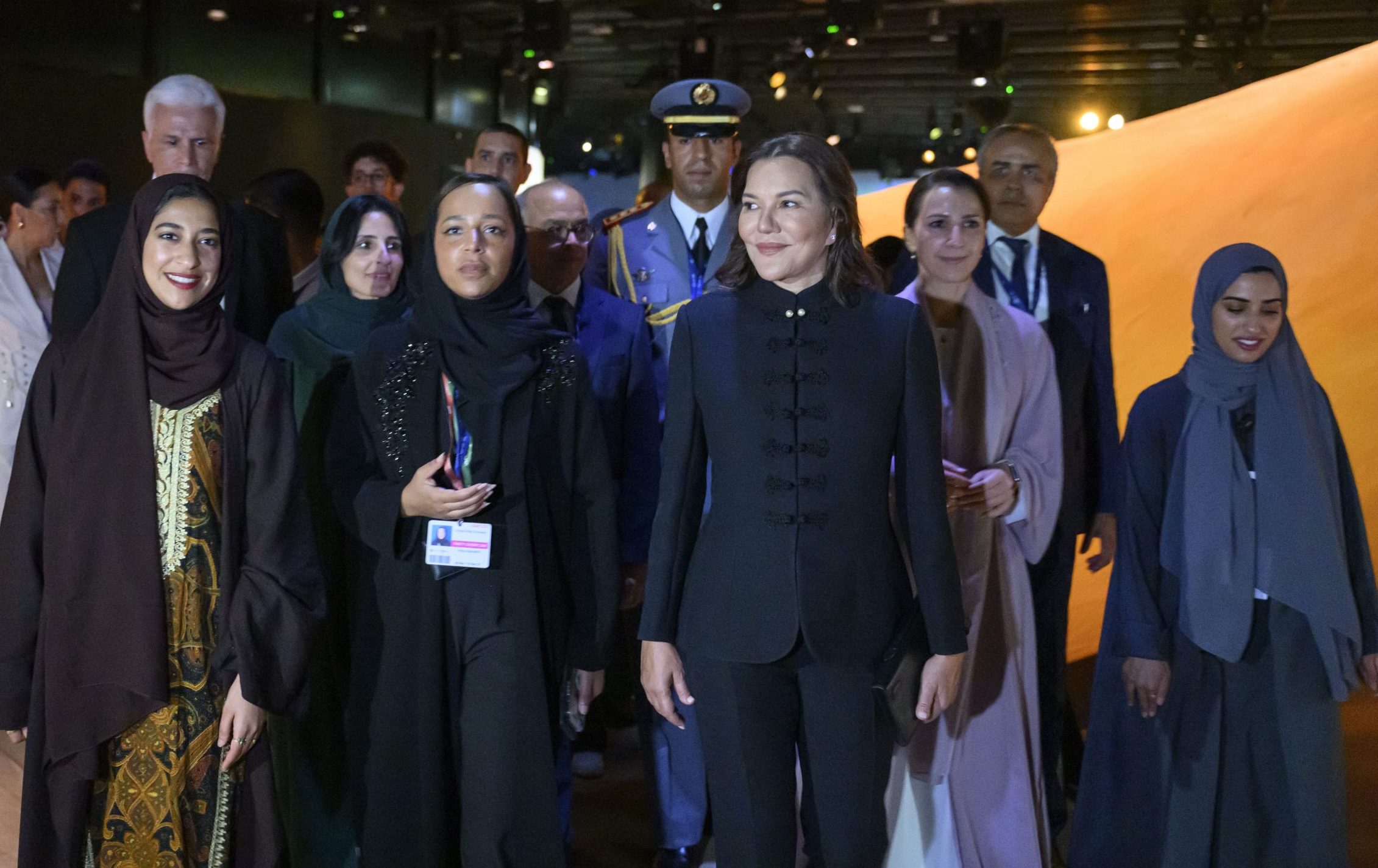
COP28: HRH Princess Lalla Hasnaa Visits UAE House of Sustainability Pavilion, Morocco Pavilion
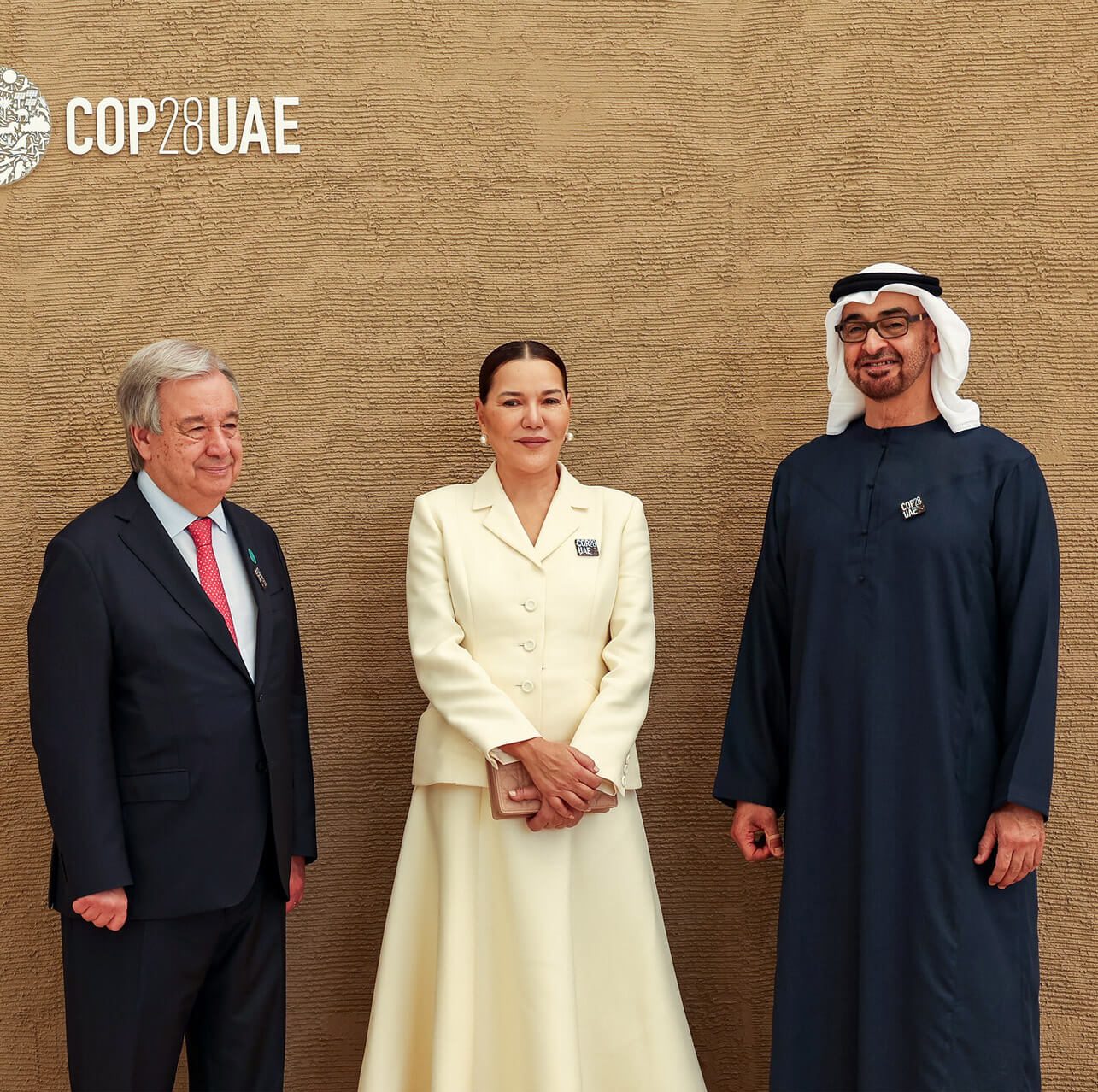
Dubai – December 01, 2023 : COP28: HRH Princess Lalla Hasnaa Represents HM the King at World Climate Action Summit in Dubai
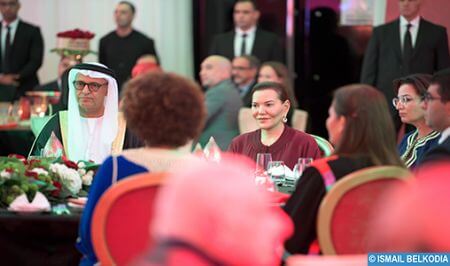
Rabat – 15 November 2023 : HRH Princess Lalla Hasnaa Chairs Annual Diplomatic Charity Gala Dinner in Rabat
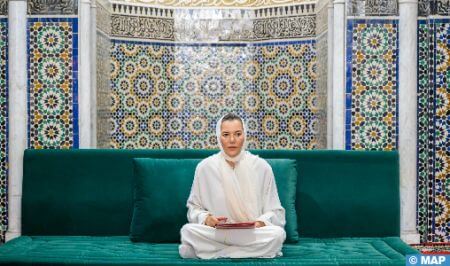
Rabat – 25 October 2023 : HRH Princess Lalla Hasnaa Chairs Religious Evening in Memory of Late King Hassan II
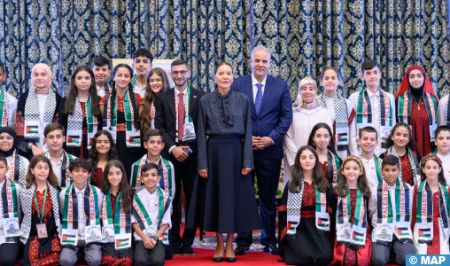
Rabat – August 26th, 2023 : HRH Princess Lalla Hasnaa Receives Al-Quds Children Taking Part in 14th Summer Camps of Bayt Mal Al-Quds Agency






















